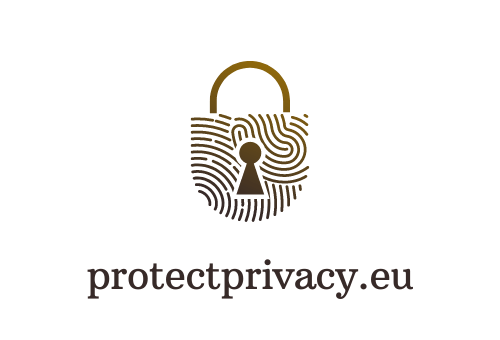When AI Becomes Your Alibi: The Ethics of Algorithmic Identity Protection

Digital footprints are now as significant as physical ones, so the convergence of artificial intelligence and cybersecurity has given rise to an intriguing ethical dilemma: What happens when AI is used to create, manipulate, or obscure identities? More importantly, where do we draw the line between privacy protection and deception?
The Rise of AI in Identity Protection
AI-driven tools are already revolutionizing cybersecurity. From biometric authentication to advanced encryption techniques, machine learning algorithms are safeguarding personal and corporate data like never before. However, these same technologies can also be leveraged to fabricate digital identities, generate deepfakes, and even provide alibis in ways that challenge our ethical boundaries.
For instance, AI can synthesize realistic but fictitious personas—complete with social media histories, emails, and browsing behaviors. Some companies market these solutions as tools for privacy-conscious individuals or investigative journalists operating in authoritarian environments. But as AI-generated identities become more sophisticated, they pose a risk of exploitation by bad actors engaged in fraud, misinformation, or even digital espionage.
The Fine Line Between Privacy and Deception
At what point does algorithmic identity protection cross from shielding privacy into outright deception? The key consideration is intent.
- Legitimate Uses: AI can help individuals protect their privacy by anonymizing their online activities, encrypting communications, or generating synthetic data to shield their real identities. This is particularly useful for whistleblowers, activists, and journalists who operate in environments hostile to free speech.
- Dubious Applications: On the flip side, AI-generated deepfakes and false identities can be misused to manipulate public perception, evade accountability, or commit cybercrimes.
The ethical challenge is ensuring that AI remains a tool for security and personal freedom rather than a mechanism for deception and fraud. Should there be regulations on AI-powered identity protection? If so, how can these regulations balance personal freedoms with the prevention of misuse?

Legal and Regulatory Considerations
Governments and regulatory bodies are already playing catch-up with AI-driven threats. While data protection laws like GDPR and CCPA focus on safeguarding personal information, they do not yet comprehensively address AI-generated identities.
Potential regulations could include:
- Mandatory transparency for AI-generated identities in social and commercial interactions.
- Criminalization of AI-driven identity fraud and misinformation.
- Ethical AI guidelines to prevent misuse while preserving privacy rights.
The Future of AI and Ethical Identity Protection
The discussion around algorithmic identity protection is still evolving. As AI grows more advanced, its role in cybersecurity must be scrutinized not only for technical capabilities but also for ethical ramifications. The challenge ahead is clear: finding a way to harness AI’s power for good while preventing it from becoming a shield for deception and exploitation.
What do you think? Should AI be a guardian of privacy or does its ability to fabricate identities pose too great a risk?







